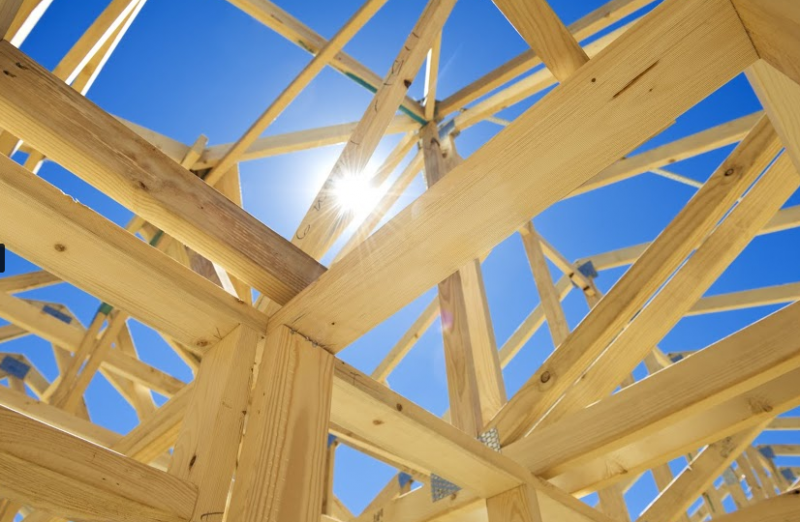
On January 1, the State Energy Conservation Office (SECO), an office within the Texas Comptroller of Public Accounts, finalized an update to the Texas Building Energy Performance Standards, setting more energy efficient standards for new residential, commercial, and industrial buildings, as well as major renovations, in the Lone Star state.
The new building codes will become effective on September 1, 2016, for residential buildings, and November 1, 2016, for new commercial and industrial buildings. The update came as a result of legislation passed by the 84th Legislature, HB 1736 (Rep. Villalba, Sen. Fraser). After a public comment period in which more than 1,000 Sierra Club members and supporters submitted comments in support of the code update, in addition to many other stakeholders, SECO formally adopted the most recent version of the energy chapter of the International Residential Code as the minimum standard in Texas for residential buildings, and the most recent version of the International Energy Conservation Code for commercial and industrial buildings.
These new codes will ensure that a new home built in Texas will be 10-23 percent more energy efficient, with similar savings for commercial and industrial construction.
In response, Cyrus Reed, Conservation Director of the Sierra Club’s Lone Star Chapter, issued the following statement:
“This is good for our economy and anyone who pays an electric bill, good for our electric grid, and good for the environment as it will reduce pollution from fossil fuel power plants. We look forward to working with the building community, building code officials, and cities as they adopt and implement these new common sense standards.”
“In addition, in part because so many Sierra Club members and supporters took the time to tell SECO they also want to ensure that builders, inspectors, architects, and city officials are capable of implementing these new codes, SECO has recently adopted a contract with the Apple Energy Group, which will provide trainings on the new codes from February to August. The South-Central Partnership on Energy Efficiency as a Resource (SPEER) will also provide a toolbox and trainings for cities during the adoption process.”